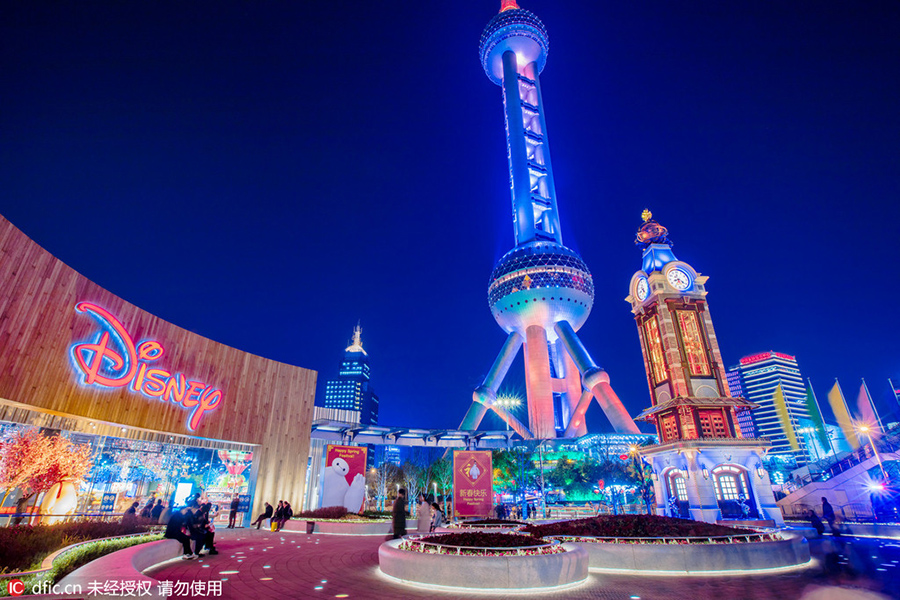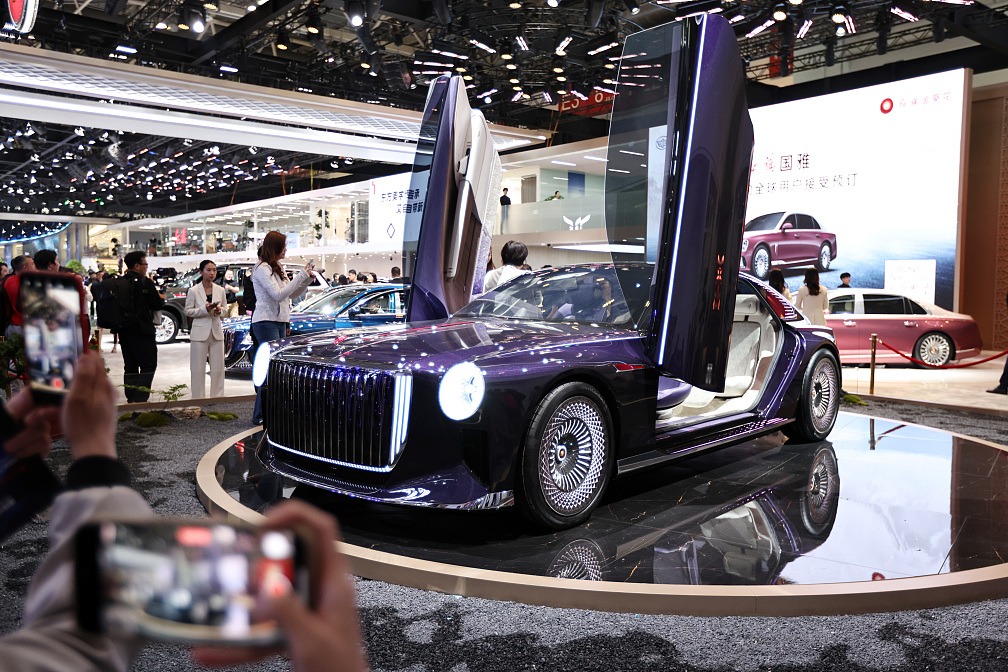Shanghai ranks 9th in cultural metropolis ratings
By Cao Chen in Shanghai | chinadaily.com.cn | Updated: 2019-03-13 11:50

Shanghai has been ranked ninth in a global ranking of cultural metropolises that was put together by Shanghai Jiao Tong University and the University of Southern California.
The top 10 cities in the list were New York, London, Paris, Tokyo, San Francisco, Berlin, Beijing, Los Angeles, Shanghai and Rome. Other Chinese cities such as Hong Kong (25th), Guangzhou (36th), Shenzhen (39th) and Taipei (40th) also made it to the list.
The teams from the universities evaluated 51 international cities based on statistics from government official websites, urban cultural yearbooks and authoritative organizations such as UNESCO and World Bank.
Shanghai was also ranked first in terms of public involvement in cultural activities, seventh in cultural tourism and ninth in cultural supply. Beijing was ranked second, third and fourth in these respective areas.
Xu Jian, leader of the research team from Shanghai Jiao Tong University, said that Shanghai has room to further improve the development of its cultural sector. He noted that Shanghai's ratings in this aspect did not match its global reputation as an international cultural metropolis.
"Shanghai should be shaped as a city interwoven with regional and Western culture, Jiangnan-style culture and ‘red culture' to the world. We should carry out strategic measures to promote the culture of Shanghai," said Xu.
He suggested that Shanghai could establish core cultural industries with distinctive advantages, such as an e-sports industry with ChinaJoy as its platform, or a global film and television creation center with the Shanghai International Film Festival as a multi-functional communication platform.
Xu also said that Shanghai should make its culture more competitive by improving public cultural services and upgrading the structure of its residents' cultural consumption. For example, theme bookstores, as a place for both entertainment and business, can not only encourage more customers to buy books, but also meet their cultural needs.
Tang Xiaofan contributed to this story.
























